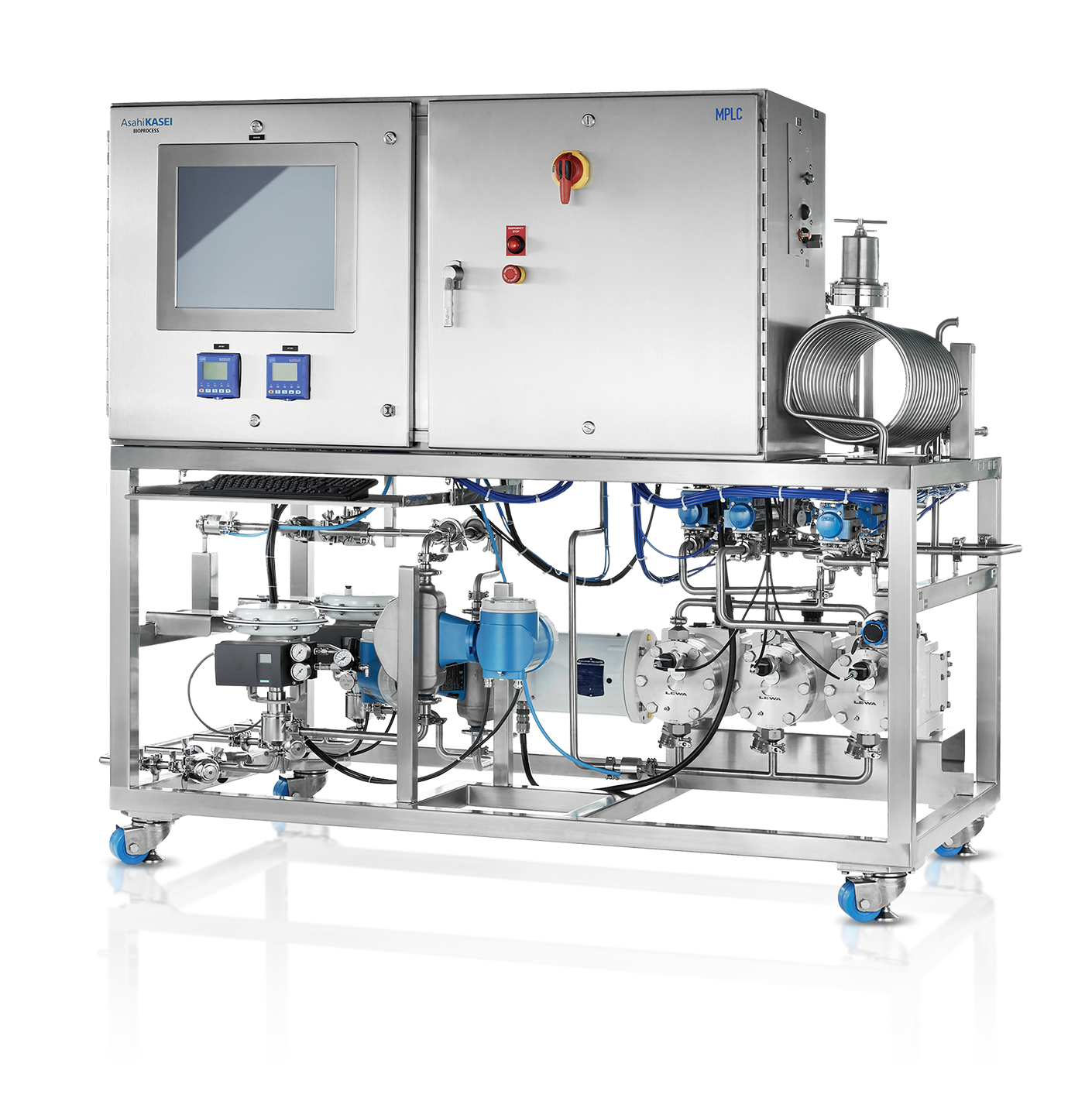Louis Garguilo, Chief Editor of Outsourced Pharma, recently published thoughts on what is required to successfully outsource the development and manufacturing of an oligonucleotide program. Oligonucleotide manufacturing is a capital intensive process due to the facility and equipment requirements. For this reason, most drug sponsors choose to outsource. Garguilo addressed most of the key elements to consider, with the only notable omission being the need for a robust quality system.
The relationship between a drug sponsor and a CDMO is like a marriage. The relationship is meant to be a long term one. The two parties need to be a good fit for one another, and there must be a give and take in the relationship. Each parties’ needs must be met, or the relationship breaks down. Breaking up can be costly and emotional.
Garguilo focused on the qualities the CDMO must have. However, the drug sponsor would be well served to perform a thorough self-evaluation before embarking upon a CDMO search. Drug sponsors should consider the following:
- How challenging is the chemistry?
Oligonucleotides with standard chemistry have less technical risks. Oligonucleotides with exotic modifications, custom starting materials, and novel conjugates should only be outsourced to a CDMO with extensive process development and analytical development capabilities. Less experienced CDMOs may be capable of handling routine chemistry. Knowing your molecule guides your CDMO selection.
- What internal resources are available to support development?
Will analytical methods be developed in-house and transferred? Can the sponsor store development batches, or will the CDMO be expected to provide storage? These are a few examples of the questions a sponsor needs to ask to identify the services required of the CDMO. Identify all the needed services up front before selecting a CDMO.
- What in-house expertise is available?
The sponsor should have access to process development and analytical development expertise either through its employees or through contractors and consultants. Blindly trusting the CDMO for all aspects of the program is risky and irresponsible. Sponsors need to perform due diligence in CDMO selection and in oversight of the ongoing program. A drug sponsor cannot completely outsource its responsibilities to the CDMO.
- What am I asking the CDMO to do?
A thorough and well written request for proposal (RFP) is one of the most important tools for successful CDMO selection. The RFP will allow for more thorough cost comparisons across vendors, will minimize miscommunication, and will set the tone for the working relationship. Nevertheless, many biotechs don’t issue an RFP. Instead, they settle for proposals built upon vague email requests and conversations held at conference cocktail receptions.
Introspection before CDMO selection will lead to a better choice in an outsourcing partner.
 Kathryn Ackley, Ph.D., has 20+ years working in contract manufacturing organizations (CMO) serving the pharmaceutical industry; nearly all of that time was spent working in the area of oligonucleotides. She is a past member of the scientific advisory board of the US TIDES conference and is currently on the scientific advisory board of Chimica Oggi- Chemistry Today. Dr. Ackley earned her doctorate in analytical chemistry from the University of Cincinnati.
Kathryn Ackley, Ph.D., has 20+ years working in contract manufacturing organizations (CMO) serving the pharmaceutical industry; nearly all of that time was spent working in the area of oligonucleotides. She is a past member of the scientific advisory board of the US TIDES conference and is currently on the scientific advisory board of Chimica Oggi- Chemistry Today. Dr. Ackley earned her doctorate in analytical chemistry from the University of Cincinnati.
